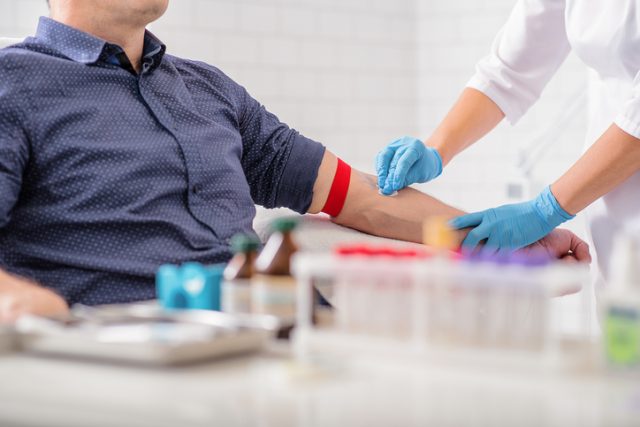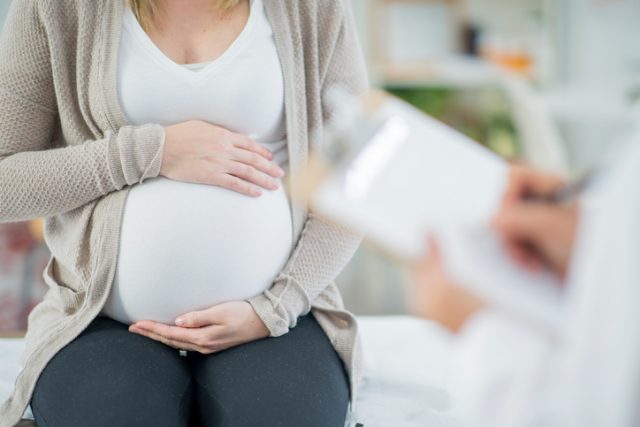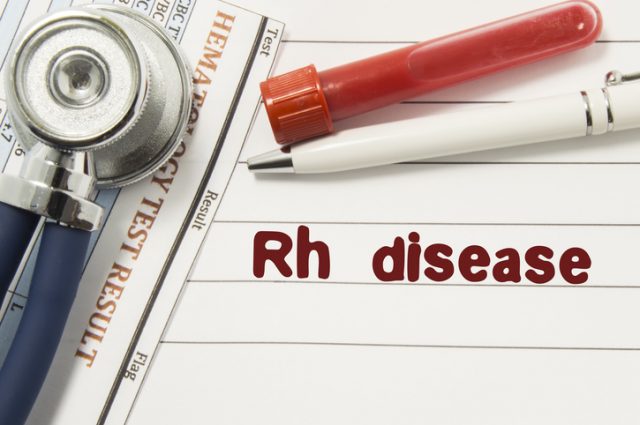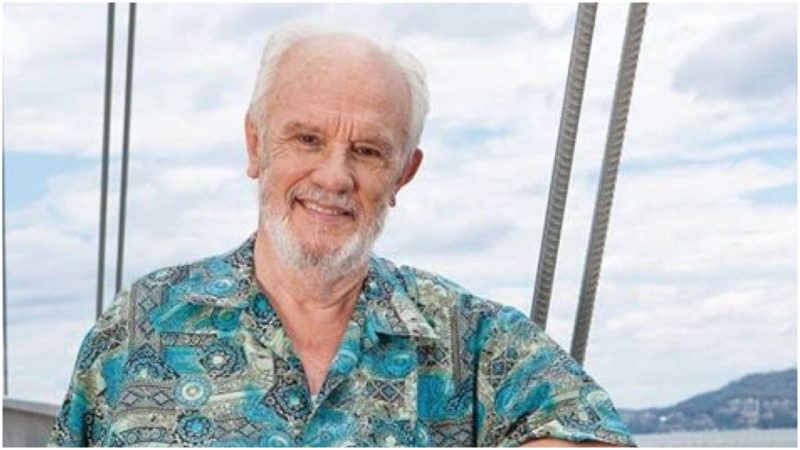An Australian man who required blood transfusions to survive surgery as a teenager decided to repay the kindness of strangers by becoming a blood donor himself. Little did he know at the time that his blood contained a rare antibody required for a life-saving medication. By the time he retired from donating this month, James Harrison had saved an amazing estimate of 2.4 million babies!
James Harrison came to blood donation from personal experience. When he was 14 years old, he underwent major lung surgery that took hours and required a vast quantity of transfusions—13 units of blood, in fact. He remained hospitalized for three months. So he decided to pay it forward as soon as he could. In Australia, blood donors must be a minimum of 18 years old; so in 1954, when he turned 18, Harrison gave his first units of blood. Despite a fear of needles, he returned to donate every few weeks for a remarkable 60 years.

But the Good Samaritan’s good deed turned out to be more beneficial than he ever could have imagined. In the 1960s, researchers discovered that Harrison’s blood contained a rare antibody used in a medication called Anti-D that helps save babies from a potentially fatal disease. The Australian Red Cross reports that Harrison’s blood has been used in more than 3 million doses of Anti-D since 1967, and that he has helped save the lives of 2.4 million babies, including that of his grandchildren. His daughter, Tracey Mellowship, received the injection and had two healthy babies. The Red Cross called him “the man with the golden arm.”
The Anti-D injections are given to pregnant Rh(D) negative women carrying Rh(D) positive babies, whose blood-type incompatibility can result in miscarriage, brain damage, or even stillbirth, according to the Australian Red Cross. Around 17 percent of Australian women need the injections, which come only from blood plasma from a “tiny pool” of around 160 donors who have the rare antibody that Harrison has. Attempts to make a synthetic version of the medication have so far failed.

Harrison had been donating for a decade when researchers discovered his blood was perfect for their new Anti-D program.
A Man Saved A Condor Years Ago And The Bird Still Flies Back To Say Thanks
On May 11, Harrison, now 81 and retired from his job as a railway administrator, lay back and had his arm strapped and swabbed as he got ready to give his last donation. As always, he looked away from the needle, and gripped a stress ball in his other hand. Medical officials with the Red Cross said it was time for Harrison to retire and save his blood for his own health. He received the Medal of the Order of Australia in 1999 for his service to the Anti-D program. He also made it into the Guinness Book of World Records in 2003.
Harrison’s last donation at the Town Hall Blood Donor Center in Sydney was videotaped and shown on the local TV news. (Harrison, ever the proper railway man, wore a tie to the occasion.) Helium balloons above his head had the numbers 1, 1, 7, and 3 to represent the 1,173 times he had donated blood. A half-dozen moms who had benefited from the Anti-D injection program showed up, their babies in their arms, to commemorate the unassuming hero.

“The end of an era,” Harrison, who lives in New South Wales, told the New York Times. “It was sad because I felt like I could keep going.”
Harrison was proud of having helped though not unduly vain about his accomplishment. He hopes the publicity surrounding his retirement will inspire other blood donors to come forward; perhaps one will also carry the rare antibody. “Saving one baby is good,” Harrison told the New York Times. “Saving two million is hard to get your head around, but if they claim that’s what it is, I’m glad to have done it.”
E.L. Hamilton has written about pop culture for a variety of magazines and newspapers, including Rolling Stone, Seventeen, Cosmopolitan, the New York Post and the New York Daily News. She lives in central New Jersey, just west of New York City.
